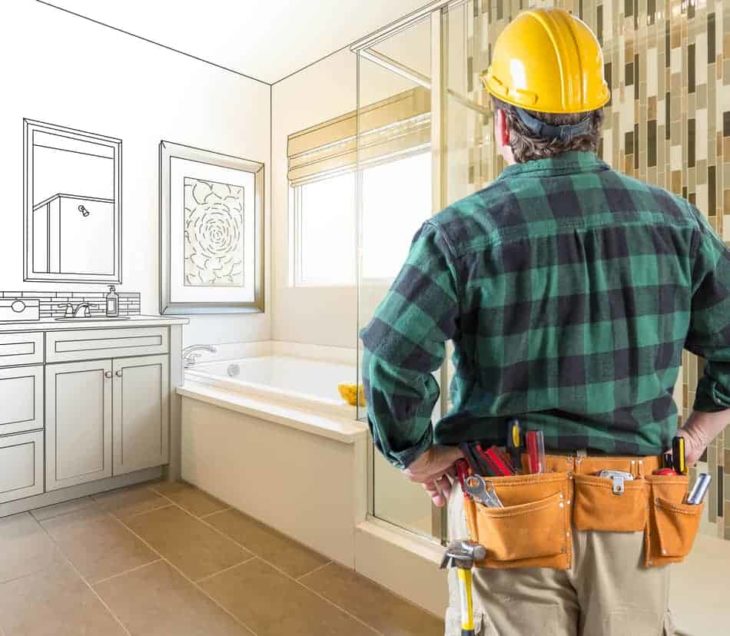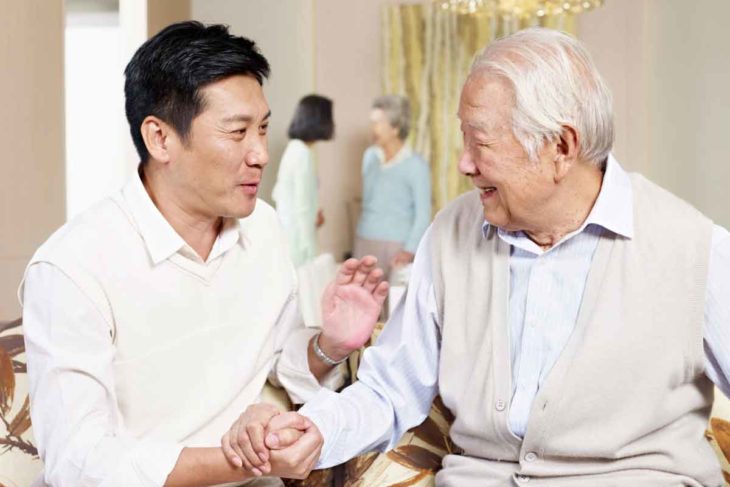If your aging parent is moving into your home, it’s vital that you make it a safe and secure environment for them to live in. There are various factors that you need to look out for, helping to make sure your parent is happy and comfortable, as well as eliminating the risk of them having a fall.
Call in An Expert
If you aren’t sure where to start, it’s best to have a home assessment conducted by a physical therapist or an occupational therapist who can come into your home and give you advice on what types of adaptations to make to ensure your parent is protected and safe. While you may feel like your home is a safe haven, there could be hazards that you’re not aware of which could result in your loved one falling and having an injury.
Modifying Your Home
There are all sorts of modifications that you can make to help your aging parent get around with ease. These include having wide halls and doorways, zero-threshold entryways, switches and controls that your parent can reach from their bed or wheelchair, a waterproof seat for when they are in the shower as well a raised toilet seat to give your loved one support for when using the bathroom. You must remember that as your parent ages, he or she may need special adaptations to give them support.

Img source: homemodificationsforelderlyparents.com
Simple Fixes
It’s estimated that one in every four adults over the age of 65 takes a fall each year, therefore, to reduce the risks, there are plenty of simple fixes that you can make around the home. These include using rubber-backed bathmats, removing throw rugs, moving laundry facilities to the ground floor, taking the wheels off chairs, keeping stairways clear, as well as installing an alert system in case of health emergencies. Make sure to read this medical alert system review, which can give you more information on the types available, helping to keep your aged parent safe at all times.
Do Your Research
If you need to use home care providers to look after your aging parent while you are at work, it’s essential that you do your homework first. Make sure to run reference and background checks on potential candidates, keep a close eye on their work and drop in at unexpected times so you can be certain they are caring for your parent in a professional and respectful manner. If your loved one has dementia, it can be difficult for them to communicate and express how they are feeling, so it’s important that you stay alert and in the know.

Img source: aginginplace.org
Add Light
As we get older, our eyesight tends to deteriorate. Therefore, if your aging parent is moving in, make sure to add extra lights around the home. Putting bright lights in stairwells, closets, and hallways can make a huge difference, as well as fitting extra lamps in the bedroom and outdoor sensor lights to monitor outside. The more light you add into your home, the better as it can reduce the risk of your parent falling over. You should ensure that switches are within easy reach for your parent, especially in their bedroom and bathroom.
There are all sorts of adaptations that you can make to your home to make it not only safer for your aging parent, but you too. If your parent is moving in with you, it’s recommended to call in an expert who can give you more advice on what type of modifications to make to create an environment that is safe for everyone. Making simple fixes can be all it takes to keep your home risk free.
